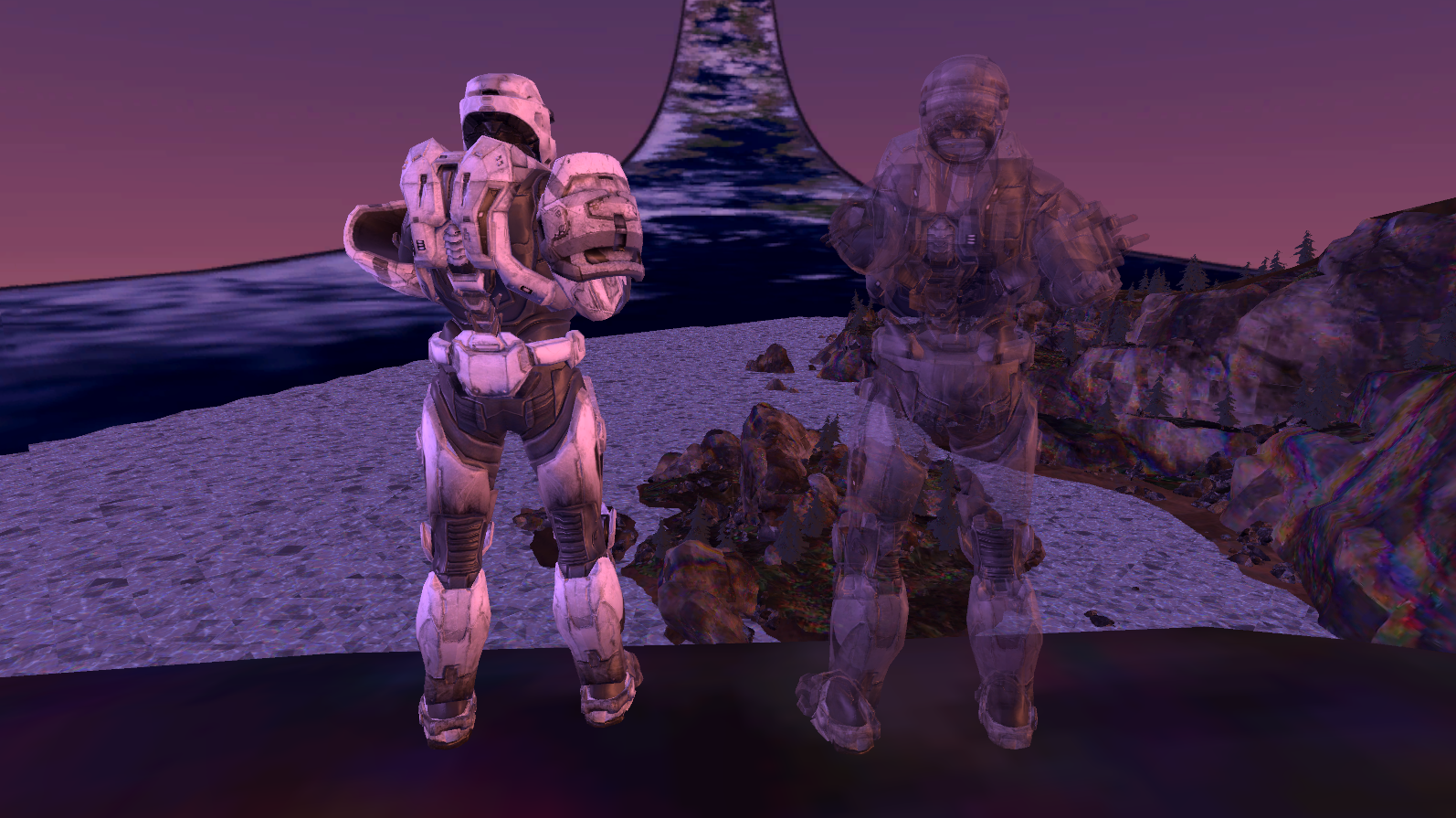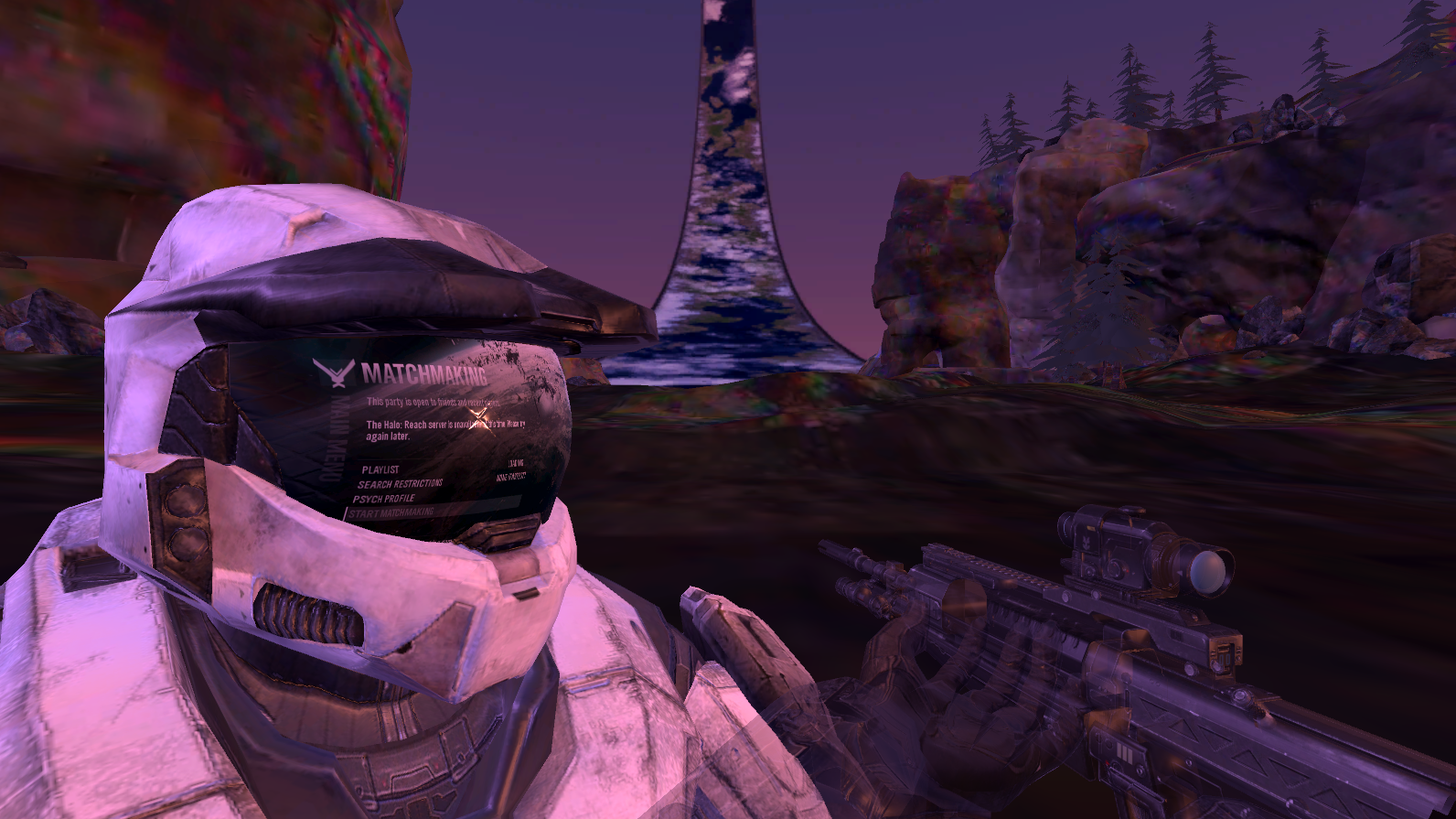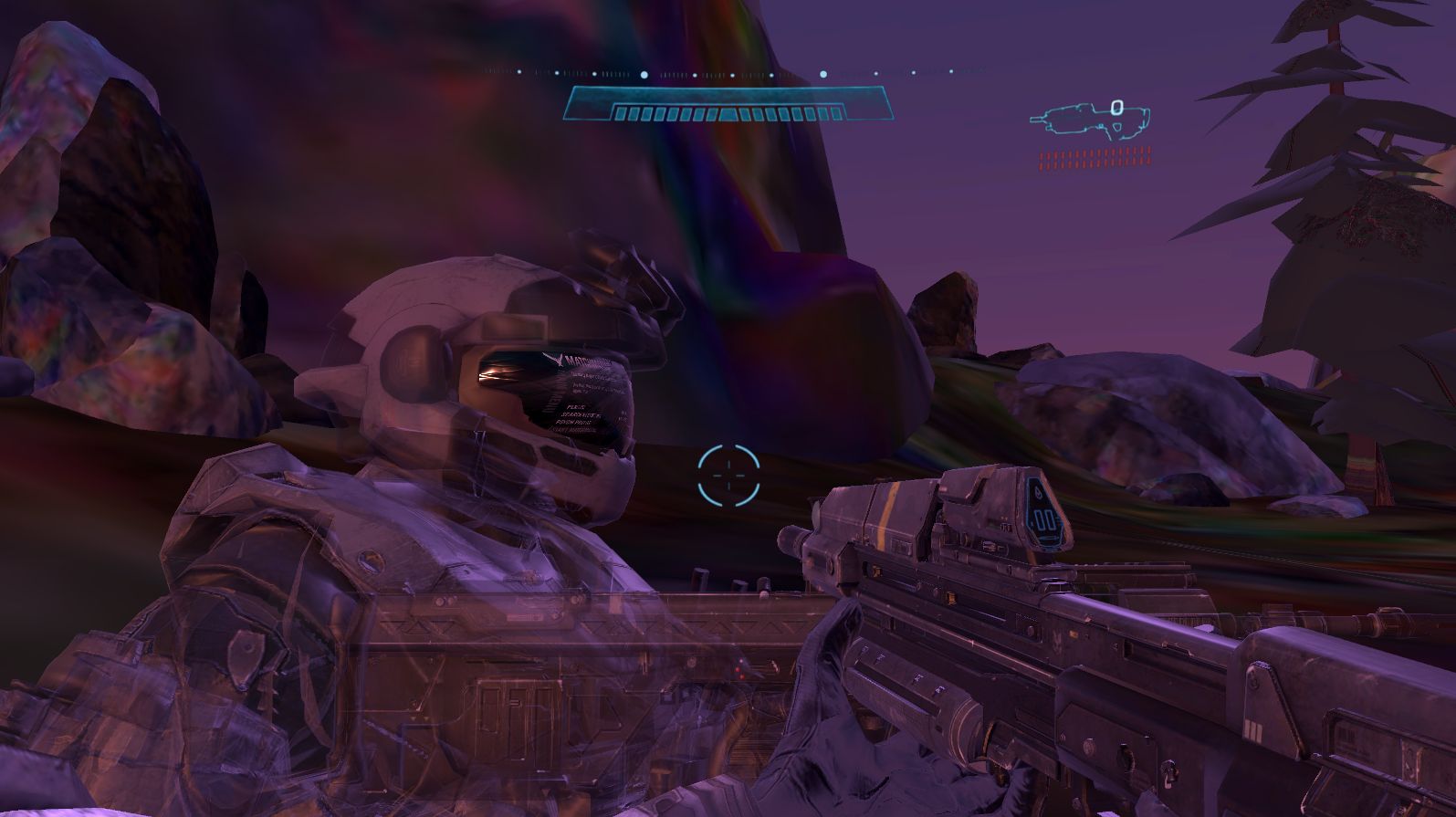Installation and Interactivity View
Online multiplayer games provide a space for faceless avatars, commandeered by real anonymous people, to interact with one another via a server. A temporary location is loaded and players may compete, cooperate, or simply exist for the limited duration of the match. This format allows players to dissociate from the physical social realm and engage in sonderless conflict. And yet, these same players still seek out and maintain meaningful relationships fostered through these online servers. Games such as Halo: Reach allow people to engage in a world almost completely unlike their own, exploring and creating spaces among others with the same desire. So then, what happens when a game no longer draws the massive number of players that once justified the server’s maintenance and operation costs? With plenty of other new games and worlds out there to explore, a game publisher may determine that it is time to move on and let one of these other experiences use the limited server space. From this, players are forced to move on: either by putting in the effort to reconnect through other games or means, or by accepting the shutdown and enjoying the time they have left to connect. These two interconnected works explore this final moment before digital oblivion. As the once populous platform where camaraderie was enjoyed is brought offline, these moments become memories. No longer accessible through the dedicated servers and devices used to connect players, these memories can now only be played through the act of reminiscing and remembering.



The Server is Unavailable at this Time, Game Engine, Cathode-Ray Tube, Xbox Controller, Sound, 20”x17”x17”, 2022
Please Try Again Later, Game Engine, Cathode-Ray Tube, Xbox Controller, Sound, 14”x13”x13”, 2022
Installation View